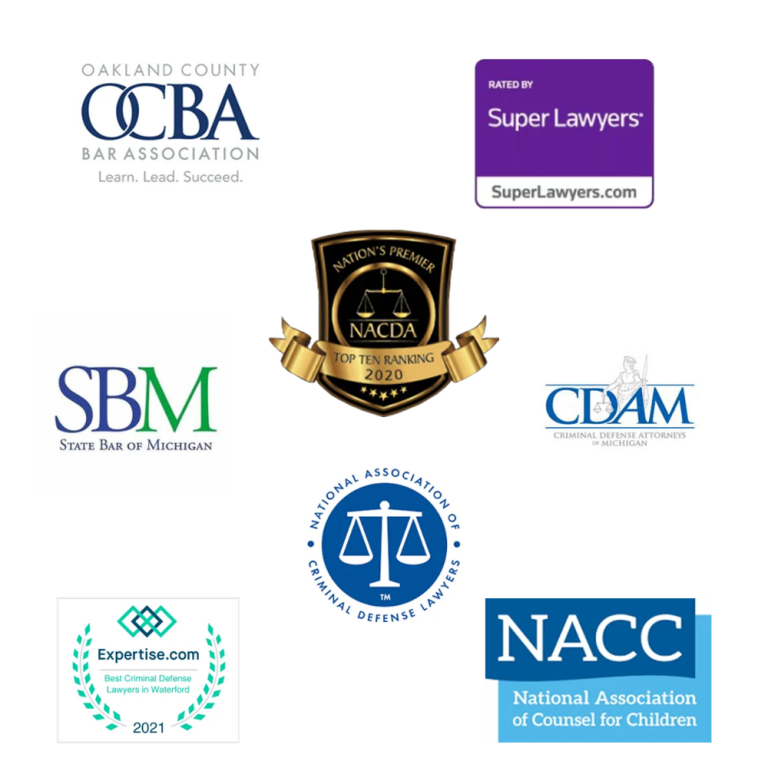Judge: Customs needs reasonable suspicion to search your devices
On Behalf of Kirsch Daskas Law Group | Nov 14, 2019 | Federal Crimes |
If you’ve been to an international airport recently, you may have noticed ICE or Customs and Border Protection searching people’s electronic devices. There has been a policy at those agencies of searching virtually every international traveler’s devices, looking for evidence of crimes like media piracy or child pornography.
These searches have exploded over the past couple of years. According to the ACLU, in 2015 there were about 8,500 searches of electronic devices at the border. Last year, there were more than 30,000.
According to the border agencies, no warrant is required for these searches. In fact, they have argued that the Fourth Amendment, which prohibits unreasonable searches and seizures by the government, simply doesn’t apply at the border. This would be due to the “paramount” interest the government has in protecting our borders.
Yet these searches are extremely troublesome. People have a lot of private information on their phones, even if they’re not committing any crime. Some may have trade secrets or other workplace proprietary information. Others may have perfectly legal sensual photos. There are many reasons you might not want a stranger to rifle through your phone, even if that stranger is a government agent.
Moreover, when there are no standards for what is reasonable, searches can be used to target unpopular groups and individuals. For example, Muslims could be targeted for searches, or members of other minority groups. Political activists could be targeted.
Federal judge curtails these border searches
Worried about the legal and privacy implications of the border agencies’ policy, the ACLU and the Electronic Frontier Foundation sued ICE and the CBP. They argued that warrants should be required before the agencies could search people’s electronics. By contrast, the agencies argued that no cause need be required; the searches are just routine.
A federal judge has just ruled that the border agencies aren’t free from Fourth Amendment restraints. However, she didn’t rule that warrants would be required. Instead, she ruled that a border agent must have “reasonable suspicion” that someone is involved in criminal activity before their electronics can be searched. This standard doesn’t require actual proof, but the suspicion must be reasonable and not just a hunch. The suspicion must be something the officer can articulate. It can’t be the result of racial profiling.
This ruling is, as far as we know, the first time that the border agencies’ policy has been put to the test.
Your constitutional rights don’t go away simply because you choose to travel internationally, or because you live near the border. If you have been arrested after an ICE or CBP search of your belongings, you should contact an experienced criminal defense attorney as soon as you can.










